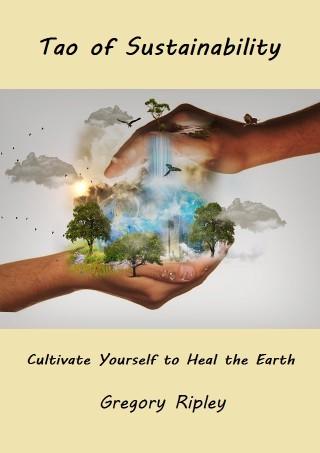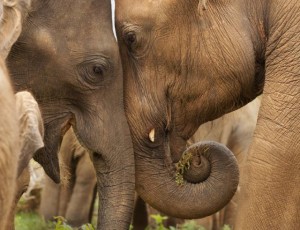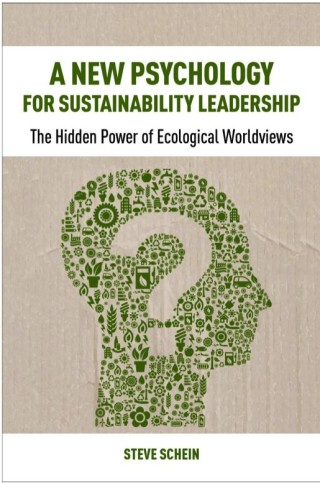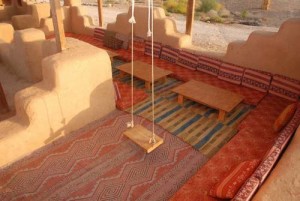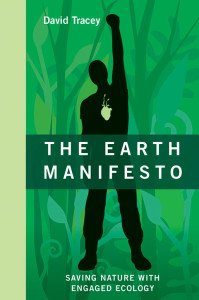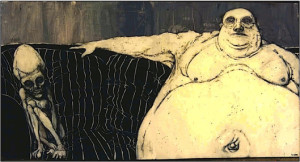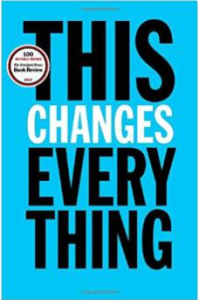by Pat Holland

Sometimes my winter walks across the farm were more like winter scrambles than rambles. Whenever the earth froze and hid under a thin layer of snow, footing was chancy. Even a clump of dried grass could cause a stumble. Putting a foot down in mud often ended in a too-swift slide downhill.
Yesterday, I took the long path down to the creek. I heard wild turkeys gobbling down there—I supposed they were talking to each other about the weather and walking conditions. Birds walking? Yes, from previous trips down that path, I knew that the flock of turkeys rarely lifted off to fly more than a few feet above my head. When I spotted them yesterday, they were keeping their heads down—probably looking for food—and good footing.
I was keeping my head down too, watching the obstacles in my path so I wouldn’t stumble. Then I saw it, an arrowhead gleaming in the sunlight. Weather conditions were just right; the ground heaved it up into the light from deep below the frost line. I knew that during a hard freeze the ground would often swell upwards and bring buried treasures to the surface.
Continue Reading →


